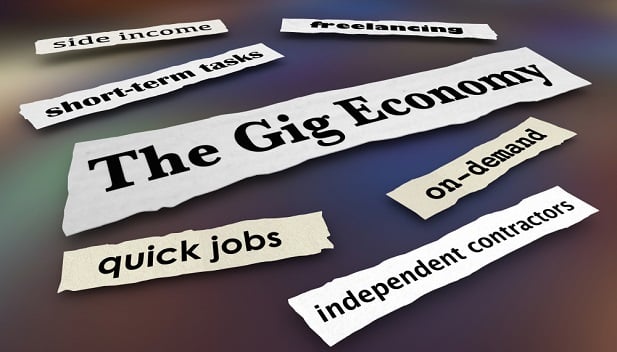 While these gig opportunities have given workers greater flexibility, the independent classification has left gig workers vulnerable to exploitation. (Photo: Shutterstock)
While these gig opportunities have given workers greater flexibility, the independent classification has left gig workers vulnerable to exploitation. (Photo: Shutterstock)
A few months ago, Uber and Lyft drivers around the world went on a 24-hour strike to protest unfair pay, the lack of transparency in the ride-hailing giants' fare systems, poor working conditions and the lack of benefits.
The protests came just before Uber's much-anticipated May 10 initial public offering. The strike was timed to grab headlines and bring awareness to the plight of drivers. Uber and Lyft, like other businesses in the so-called “gig economy,” classify their workers as independent contractors, making them ineligible for the benefits of traditional employment, like health insurance, paid time off or workers' compensation.
Recommended For You
Complete your profile to continue reading and get FREE access to BenefitsPRO, part of your ALM digital membership.
Your access to unlimited BenefitsPRO content isn’t changing.
Once you are an ALM digital member, you’ll receive:
- Breaking benefits news and analysis, on-site and via our newsletters and custom alerts
- Educational webcasts, white papers, and ebooks from industry thought leaders
- Critical converage of the property casualty insurance and financial advisory markets on our other ALM sites, PropertyCasualty360 and ThinkAdvisor
Already have an account? Sign In Now
© 2025 ALM Global, LLC, All Rights Reserved. Request academic re-use from www.copyright.com. All other uses, submit a request to [email protected]. For more information visit Asset & Logo Licensing.








